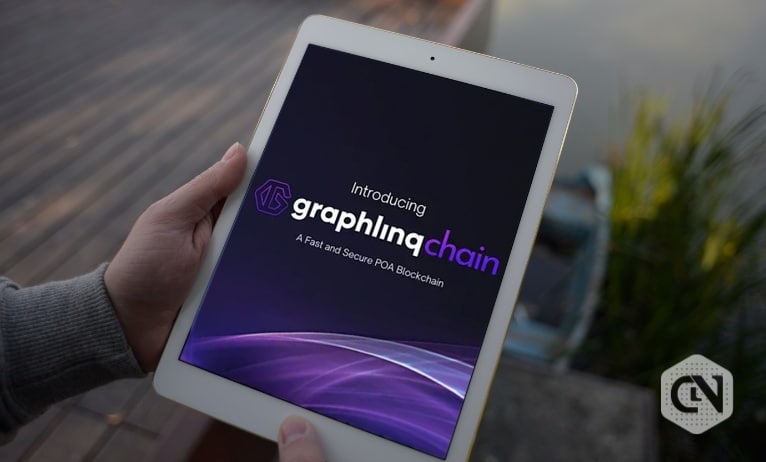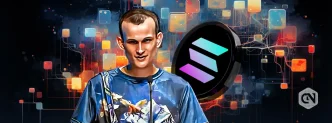An EMV-compatible blockchain by GraphLinq has gone live. The Chain Mainnet and its launch has been termed a significant milestone since it is likely to take the venture a step closer to achieving the vision of a more decentralized and automated future. This development was broken to the community directly by GraphLinq through an official blog post wherein it said that this is a groundbreaking moment for the decentralized automated community.
The mechanisms are based on Proof-of-Authority with the ability to support GraphLinq Protocol and other decentralized applications. Its internal economics is governed by GLQ, a token that can be leveraged to pay for gas for on-chain transactions and on IDE or Marketplace. Block Rewards are laid out at 5 GLQ per Block at the time of drafting this article.
Users can be assured of optimized access via the vast distribution network set up by GraphLinq on a regional basis. The aim is to provide a faster resolution by having multiple nodes in different regions. Plus, users get an enhanced experience by automatically getting connected to a node that is based in their respective regions. This is what contributes to the automation of the GraphLinq community
GraphLinq Protocol has four elements that work to further provide a better user experience. Instant Wizard App, GraphLinq IDE, Marketplace, and Engine have a crucial role to play in their respective domains. For instance, Instant Wizard App serves a great deal to users with no or little technical knowledge wanting to deploy their preferred templates to the community.
Advertisement
Similarly, the Engine executes automation on the Chain at a time when the Marketplace enables users to buy and sell.GLQ templates. IDE gives power to the community which is seeking to conveniently deploy automation with drag-and-drop features.
What really sets GraphLinq apart is its sheer focus on decentralized automation without compromising trust and security aspects. Imagining a world where automation can be handled in a decentralized manner could soon turn into reality, and that would be a huge credit to GraphLinq Chain. Needless to say, intermediaries will not be involved throughout the process per the announcement made by GraphLinq, also justifying the true nature of being decentralized.
Users can directly get started on the Chain with an Ethereum-based smart contract – new or existing. It further covers decentralized applications with a plan in the pipeline to add more dApps to the list.
Currently, only a select group of validators are working on the network; however, this could soon go for an expansion as the network will open its doors to more validators in the near future. Having more validators on the network is expected to bring more transparency and accountability, complimented by having an app that shows how much each validator has staked from their side.
The launch of GraphLinq Chain Mainnet has brought tons of excitement to the community that has been waiting for more decentralized automation. The great news is that GraphLinq is calling this a foundation for more things to come in the future.
Advertisement
Furthermore, the launch of Mainnet allows 500 Million GLQ tokens to be easily swapped from the Ethereum chain to the GraphLinq Chain. Additionally, 150 million GLQ has also been introduced to support the overall development and growth of the ecosystem, incentives for the stakers and other kinds of developmental needs.







